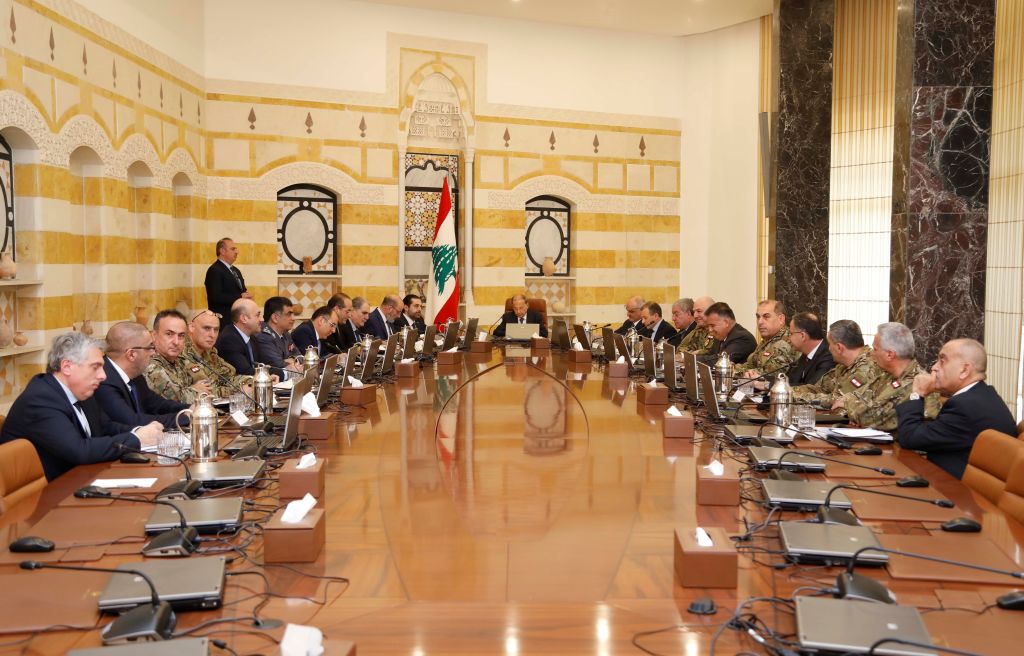Lebanese President Joseph Aoun began consultations with lawmakers on Monday to designate a prime minister in what political sources saw as a tight race between incumbent Najib Mikati and International Court of Justice President Nawaf Salam.
The designation of the prime minister is the next step in the formation of a new administration following Aoun’s election to the vacant presidency, which reflected a shift in the power balance since Hezbollah was pummelled in the war last year with Israel and its Syrian ally Bashar al-Assad was toppled.
Aoun, who enjoys the support of the United States and Saudi Arabia, must designate the candidate with the biggest backing among parliament’s 128 lawmakers.
The outcome is expected to emerge by the end of the day.
The prime minister must be a Sunni Muslim according to Lebanon’s sectarian power-sharing system which parcels out state positions on the basis of religious affiliation, with the presidency going to a Maronite Christian.
Mikati is a billionaire businessman who has served as prime minister four times. Lawmakers from groups including the Iran-backed Hezbollah movement and its ally the Shi’ite Amal Movement are expected to declare support for him to stay in the job, political sources said.
Salam, who has been ICJ president since last February and formerly served as Lebanon’s ambassador to the United Nations, has the backing of factions including the anti-Hezbollah Lebanese Forces, a leading Christian party.
The votes of another Christian party, the Free Patriotic Movement led by Gebran Bassil, and Lebanon’s main Druze faction, the Progressive Socialist Party led by the Jumblatt family, are expected to prove decisive.
Before last week’s presidential vote, Saudi Arabia had strongly encouraged Aoun’s election, according to Lebanese politicians, marking a revival of Saudi influence in Lebanon, which had been eclipsed by Iran and Hezbollah.
But Lebanese political sources said Riyadh had not expressed any preference over the nomination of the new prime minister.
U.S. President Joe Biden welcomed Aoun’s election last week, saying lawmakers had “chosen a path aligned with peace, security, sovereignty, and reconstruction, in partnership with the international community”.
STEPS TO REVIVE GOVERNMENT INSTITUTIONS
Aoun’s election and the designation of a new premier are steps towards reviving Lebanese government institutions which have been paralysed for more than two years, with the country having neither a head of state nor a fully empowered cabinet.
The new administration faces tasks including rebuilding areas levelled by Israeli airstrikes during the war with Hezbollah, and launching long-stalled reforms to revive the economy and address the root causes of the collapse of Lebanon’s financial system in 2019.
In his former role as commander of the U.S.-backed army, Aoun played a critical role in the implementation of a U.S.-brokered ceasefire deal between Israel and Hezbollah.
The terms require the Lebanese army to deploy into south Lebanon as Israeli troops and Hezbollah withdraw forces.
(Reuters)














